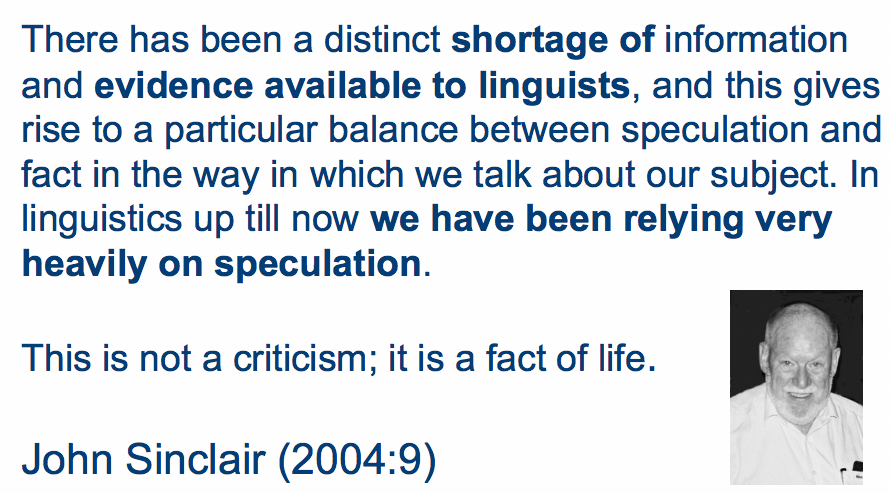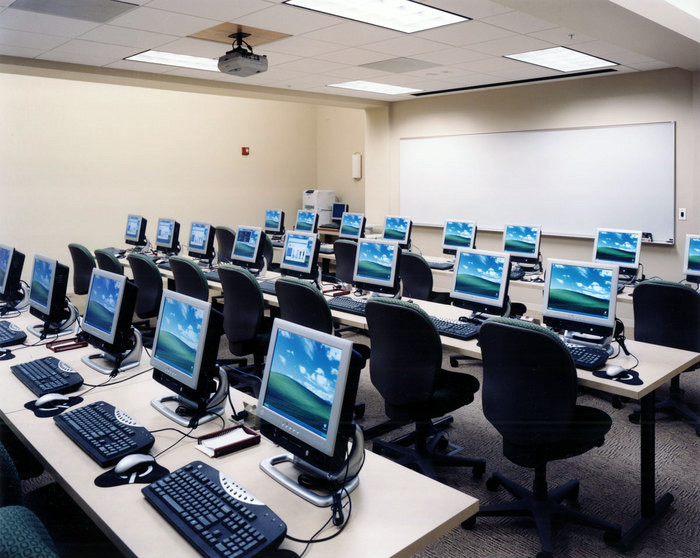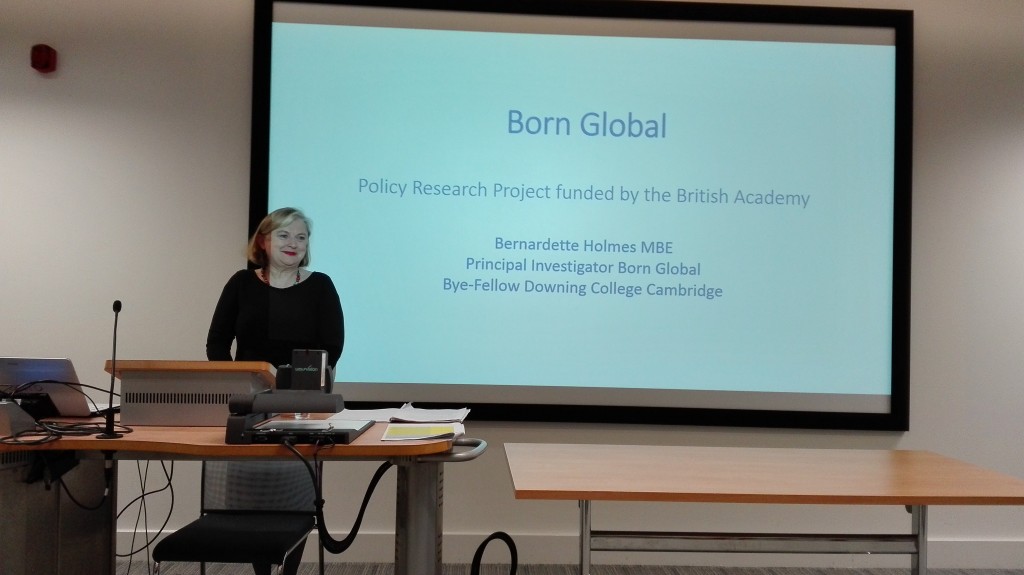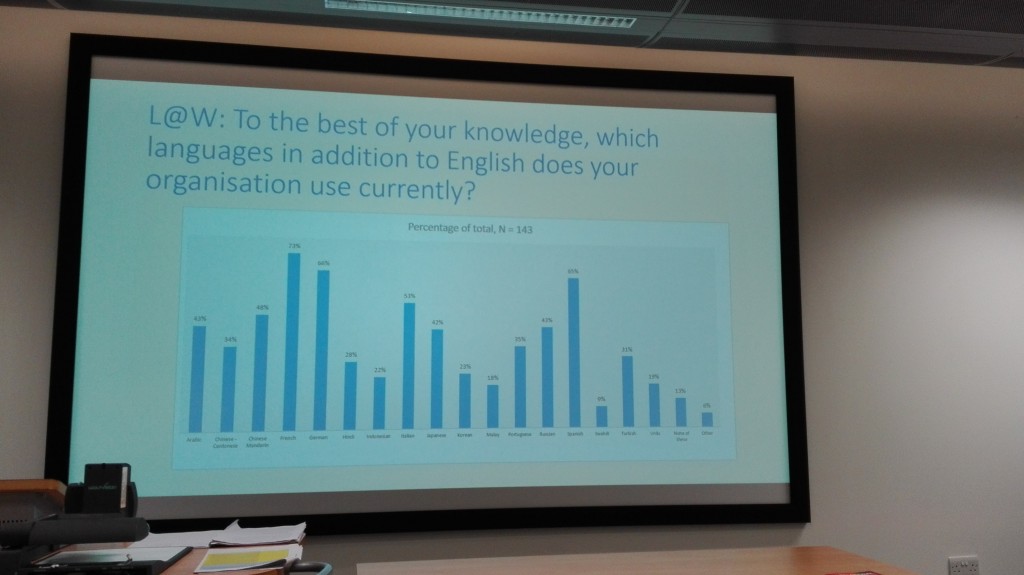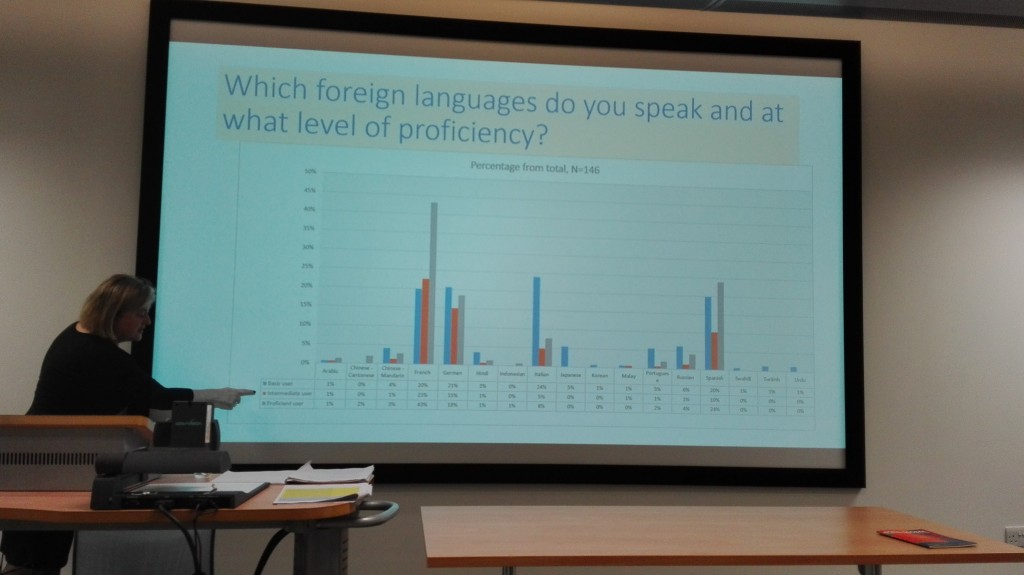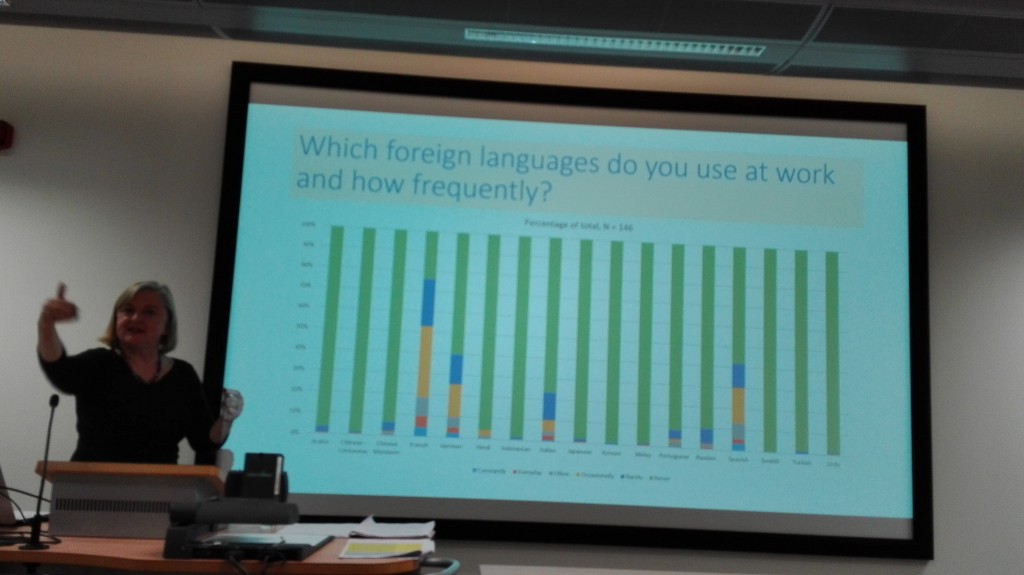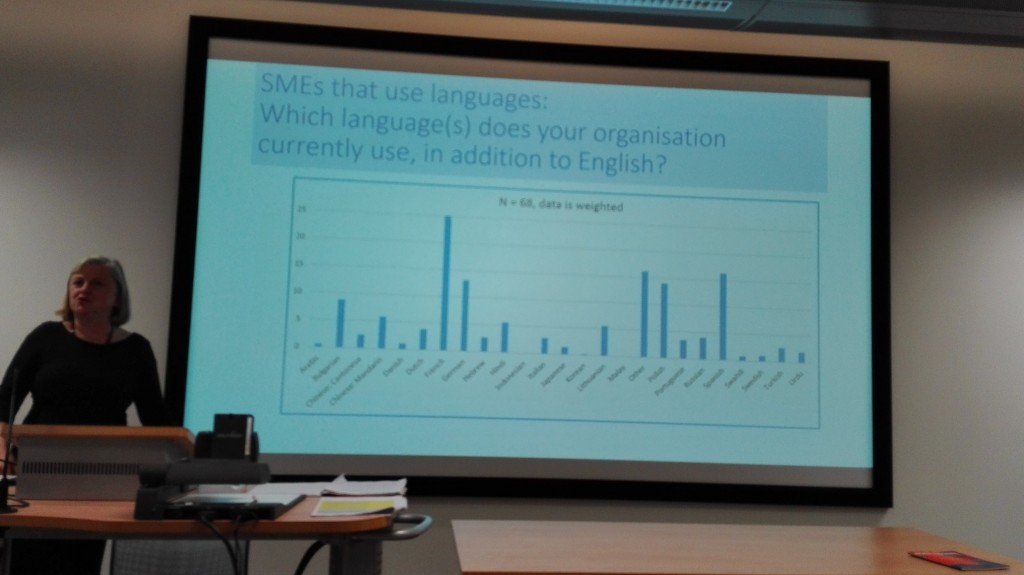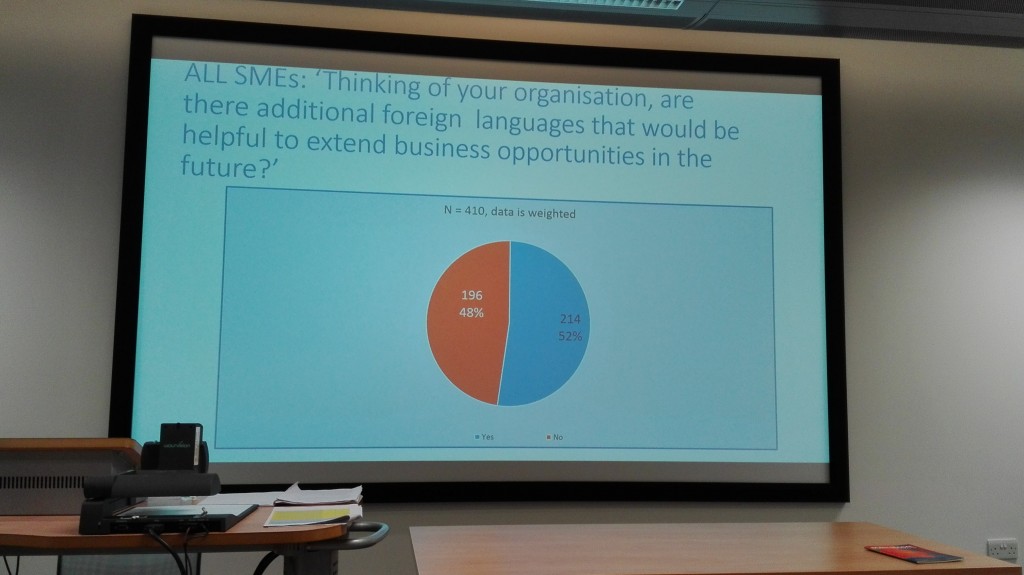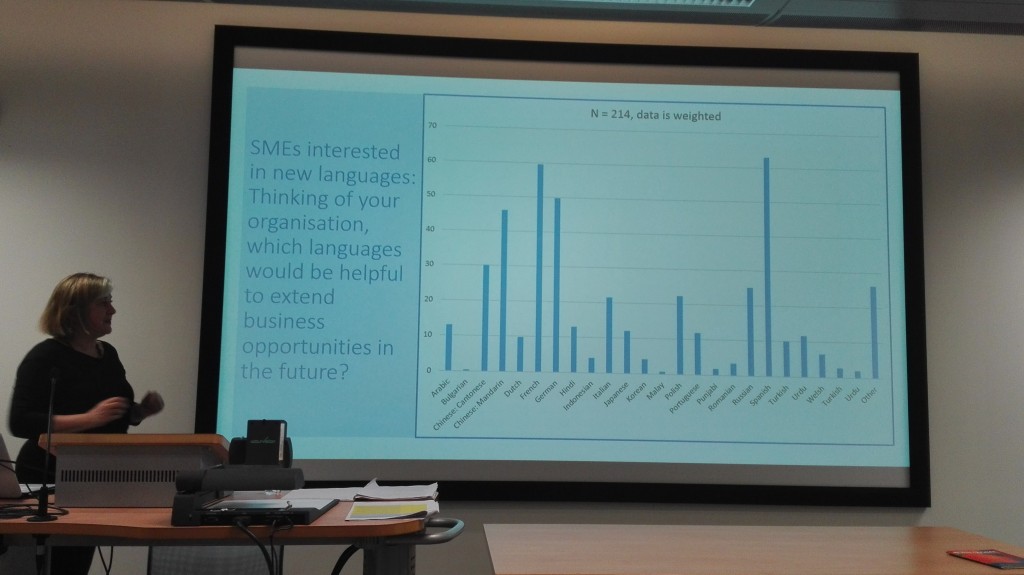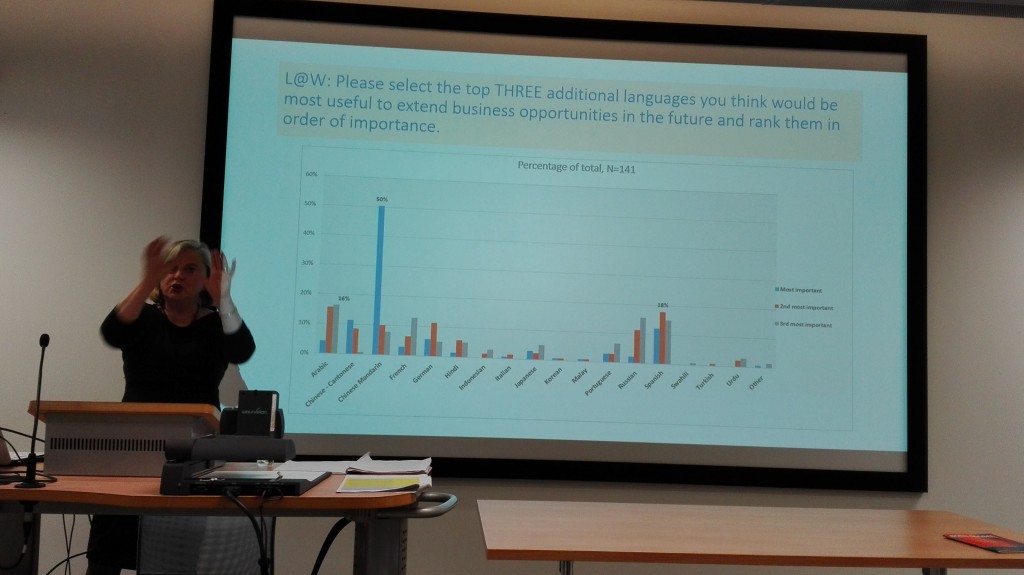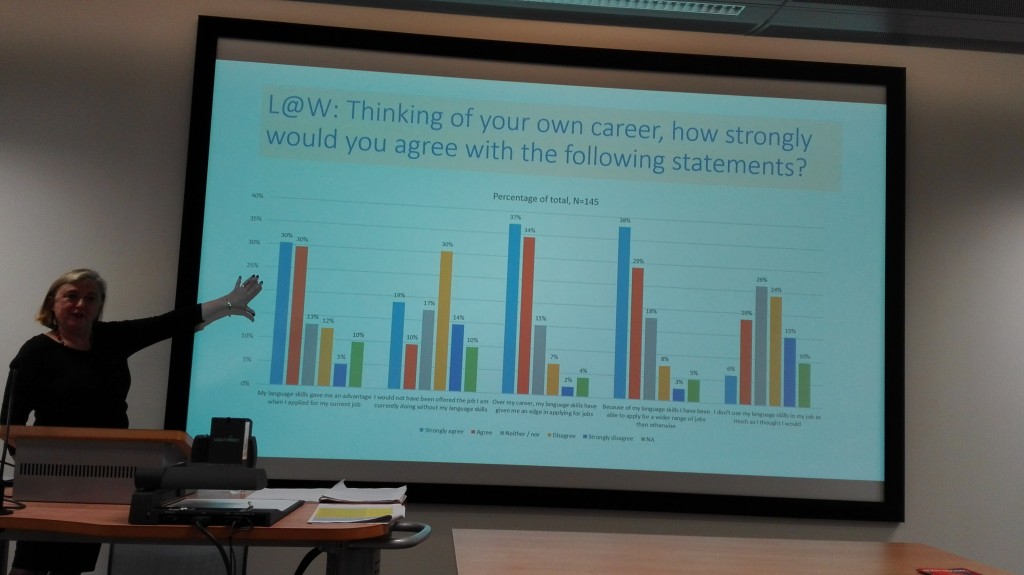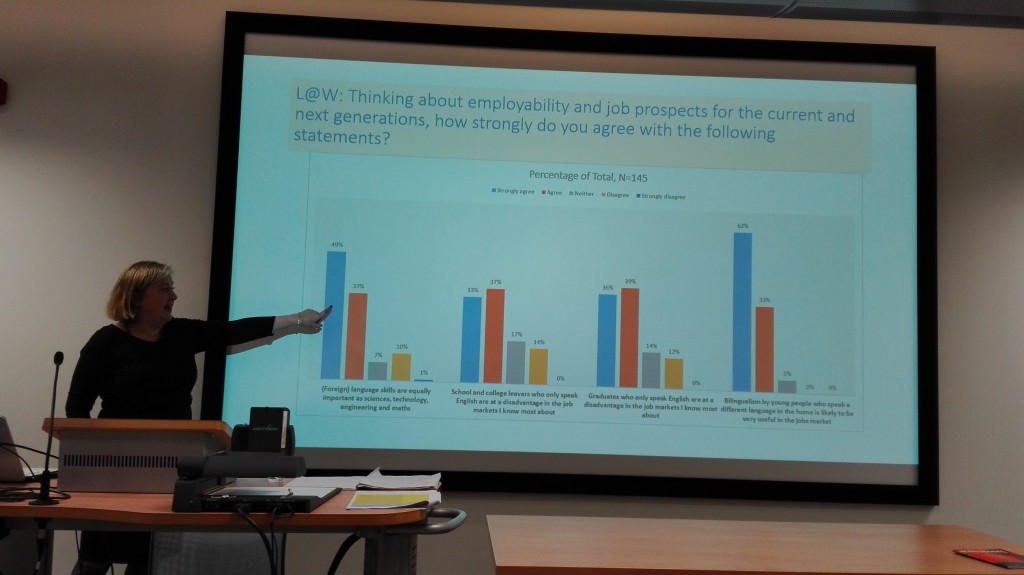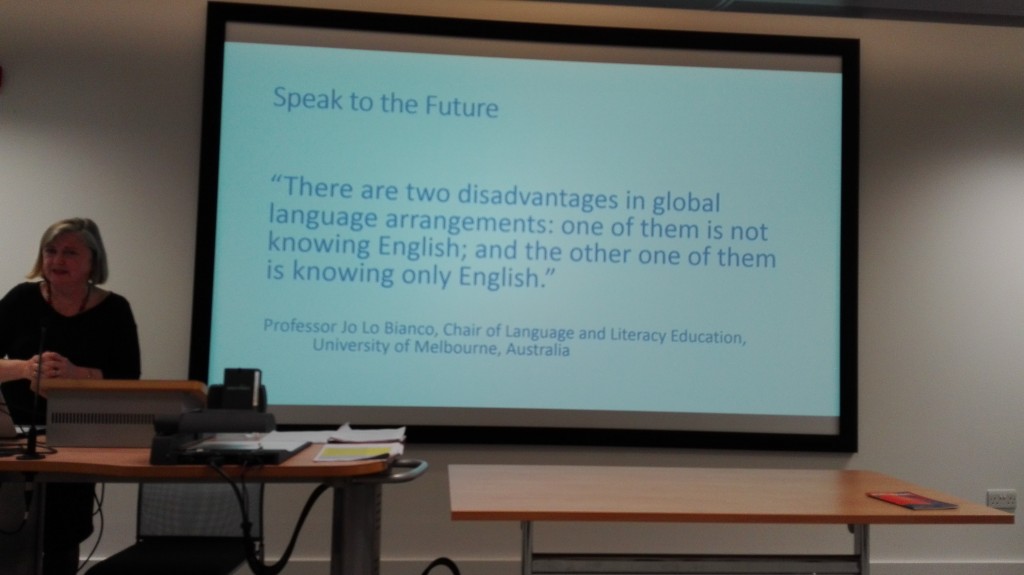Beavers, A. S., Lounsbury, J. W., Richards, J. K., Huck, S. W., Skolits, G. J., & Esquivel, S. L. (2013). Practical considerations for using exploratory factor analysis in educational research. Practical assessment, research & evaluation,18(6), 1-13.
Author: perezparedes
Evidence and speculation #corpuslinguisticsquotes
#Corpuslinguistics webinars today and tomorrow @Anne0Keeffe
Thanks to Anne O’Keeffe
FREE WEBINARS
13:00 GMT today 26th November, 2015
“‘Appropriate methodologies for studying classroom discourse”
Prof. Steve Walsh, Newcastle University
Link to webinar: https://mic.adobeconnect.com/maallearnerdiscourse/
17:00 GMT tomorrow 27th November, 2015
“Using corpora to inform teaching and materials development”
Prof. Randi Reppen, Northern Arizona University
Link to webinar: https://mic.adobeconnect.com/maalissuesinlinguistics/
Recordings of these will be posted next week.
Recording of Prof. Ronald Carter’s webinar from yesterday on “From Spoken English to Written English: New worlds and new descriptions”
is available at: https://mic.adobeconnect.com/p1nz3skbvd6/
2 min video brief: why learn foreign languages? @BritishCouncil
Corpus Apprenants norvégiens du français
Ce corpus, constitué à l’été 2015 par Catrine Bang Nilsen, présente 5 interactions spontanées d’environ une heure chacune entre apprenants norvégiens intermédiaires et avancés du français et francophones de France. Sa transcription par Clémence Michel et Jérôme Barbet suit les conventions du corpus CFPQ. Afin de respecter la confidentialité des informateurs, les films des interactions sont accessibles au CRISCO pour des fins de recherche scientifique.
Thanks to Prof. Esch (U. Cambridge) for this pointer.
Born global: policy research project (British Academy) Bernardette Holmes
Bernardette Holmes
Speak to the future website
Some preliminary questions
How languages are used in professional contexts?
How language needs are met
Employer attitudes towards language skills
Recruitment and remuneration behaviours
Expectations of language competence and use
“The new normal is multilinguism”
Mismatch between demand and supply of language skills
Optional status for language study post-14
Access to language learning was restricted in socially-deprived contexts. Post-code lottery. A social justice curriculum in this area is necessary.
High levels of youth unemployment NEETs: UK 15.7 % Germany 7.1% Spain 49.2%
What should language education policy look like for the current and the next generations?
What are the benefits of language skills to the economy and to career prospects and employability?
A mixed method survey approach is used for this research.
Lit. review
Analysis of British Cohort Study data (Morris & Mann) 2014. Education and Employers Taskforce
Interviews with senior executives in global companies
Using languages at work (L@W) Survey
SME
Students IWLP student survey data
Global companies
Competitive advantage in speaking another language
Results of the survey
Which languages in addition to English does your organisation use currently?
What about languages spoken at work?
Which foreign language do you use at work and how frequently? Remember these are UK companies.
Only 17 % of the SMEs currently use foreign languages. These are the favourite foreign languages in the UK SMEs:
Will your business benefit from additional foreign language use?
And which languages would those be?
And the results form big companies’ executives:
In terms of career
Advice from the professionals with some language command:
Monolingualism comes at a cost to individuals, to employers, to broader society and to the economy.
It is time for a new national conversation about the value of multilingualism and international communication skills.
There is need for multidimensional societal change in attitudes and behaviours, if we are to normalise and capitalise on our multilingual dividend.
